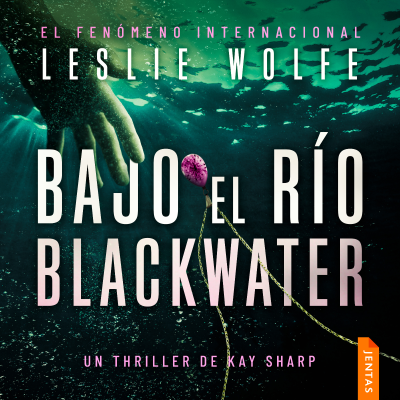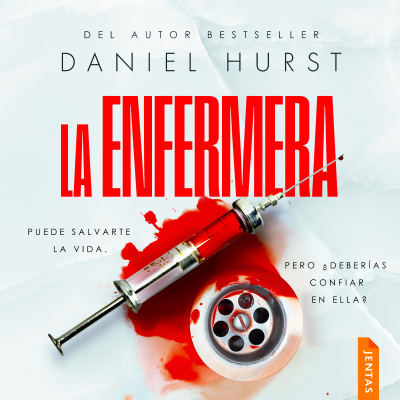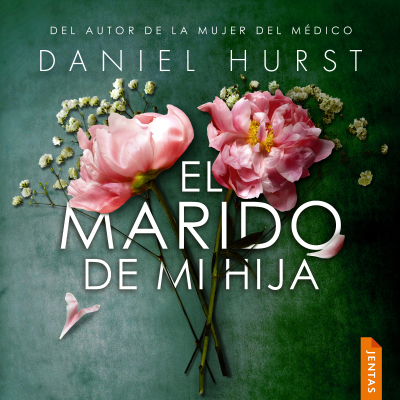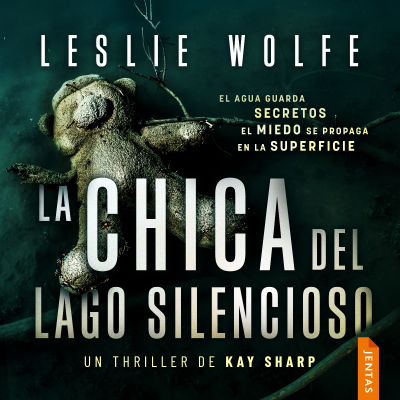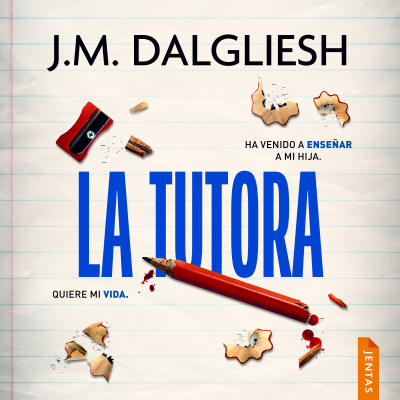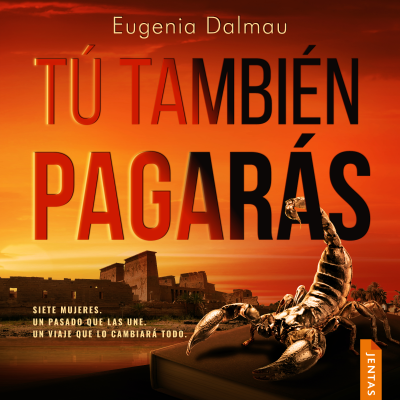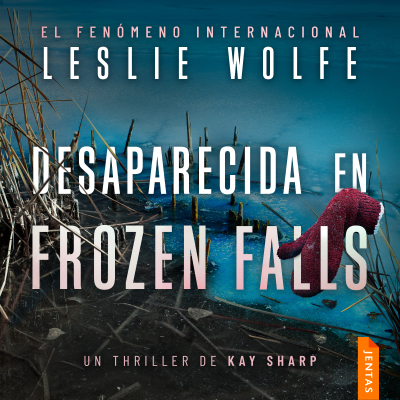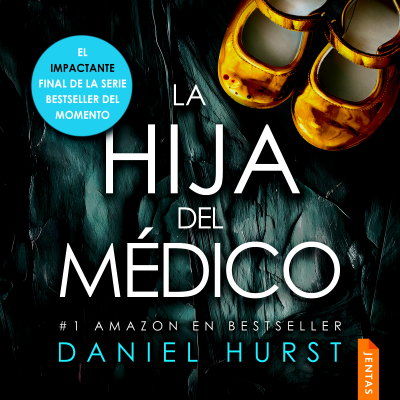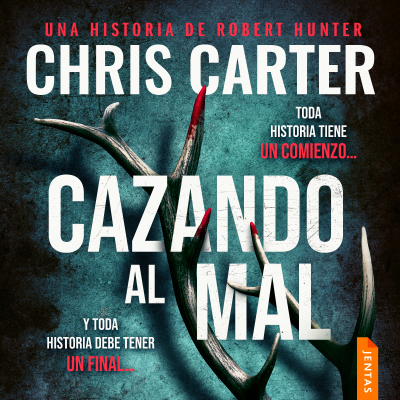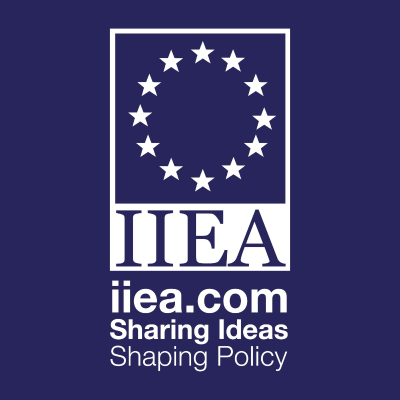
IIEA Talks
inglés
Disfruta 30 días gratis
4,99 € / mes después de la prueba.Cancela cuando quieras.
- 20 horas de audiolibros / mes
- Podcasts solo en Podimo
- Podcast gratuitos
Acerca de IIEA Talks
Sharing Ideas Shaping Policy. The Institute of International and European Affairs is an independent policy research think-tank based in Dublin.
Todos los episodios
661 episodiosShashank Joshi - 9th of December 2025
'Is Europe Ready for War?' The Russian President has recently said he is ready for war with Europe. Is Europe ready for war with Russia? In this edition of IIEA Insights, The Economist’s Defence Editor Shashank Joshi, will assess the progress democratic Europe has made in deterring attack since the full-scale invasion of Ukraine in February 2022, which caused a sea-change in thinking about the threat of Russia. Other issues to be analysed will include how European countries assess the reliability of the US position on Nato’s Article 5 mutual defence commitment and the threats posed by China, directly via espionage networks and indirectly via its support for Russia’s war. Shashank Joshi is The Economist’s Defence Editor. Prior to joining The Economist in 2018, he served as Senior Research Fellow at the Royal United Services Institute (RUSI) and Research Associate at Oxford University’s Changing Character of War Programme. He has published books on Iran’s nuclear programme and India’s armed forces, written for a wide range of newspapers and journals, and appeared regularly on radio and television. He holds degrees from Cambridge and Harvard, where he served as a Kennedy Scholar from Britain to the United States.
Palestine and Protection of Human Rights: The Role of the International Community now
The situation in the occupied Palestinian Territory is starker than ever with famine, genocide, and entrenchment of an illegal occupation. In their address to the IIEA, Dr Ammar Dwaik and Diana Buttu contend that the destruction of Gaza and the ongoing expansion of settlements is erasing prospects for a two-state solution and violating the most fundamental rights of the Palestinian people. They outline the current reality in Palestine, and its future, through the prism of human rights, and what needs to happen within Palestine and in Israel to advance rights and to secure a just and lasting peace. They also reflect on what countries like Ireland and the international community need to do to ensure the protection of fundamental rights, including the right of Palestinians to self-determination. This event is part of the IIEA’s Development Matters Series which is kindly sponsored by Irish Aid. About the Speakers: Dr. Ammar Dwaik is the Director General of the Independent Commission for Human Rights in Palestine. He holds a Ph.D. in Social Policy and Management from Brandeis University (USA), a Master’s degree in Law and Government from the American University in Washington, and a Bachelor’s degree in Law from Yarmouk University in Jordan. Between 2004 and 2006, he served as the Executive Director of the Palestinian Central Elections Commission, where he oversaw the administration of the 2005 presidential elections and the 2006 legislative elections. Ms. Diana Buttu is a Commissioner at the Palestinian Independent Commission for Human Rights (ICHR). She is a Palestinian lawyer with a Bachelor’s degree in Middle Eastern and Islamic Studies and a Master’s from the University of Toronto, a Ph.D. from Queen’s University Faculty of Law, and an MBA from Kellogg School of Management at Northwestern University. She previously served as a Legal Advisor to the Palestine Liberation Organization and was part of the team that brought the issue of the Israeli Wall before the International Court of Justice. Ms. Buttu is a regular commentator on Palestinian affairs for international media outlets.
Key Outcomes from COP 30
The annual UN climate summit, known as the COP, recently took place in Belém, Brazil, on the edge of the Amazon rainforest. The COP30 talks took place at a time of increasingly fraught geopolitical relations – with the US absent. This resulted in a set of negotiating dynamics and multi-layered COP outcomes that were even more complex than usual. In this webinar, Dr Simon Evans, senior policy editor at the climate news and analysis website Carbon Brief, will walk us through the key fights in Belém, the headline outcomes and what comes next for global climate action. For more background, the in-depth Carbon Brief summary of the talks is available here. About the Speaker: Dr Simon Evans is the Deputy editor and senior policy editor at the Carbon Brief, a UK-based website covering the latest developments in climate science, climate policy and energy policy. He holds a PhD in biochemistry from the University of Bristol and previously studied chemistry at the University of Oxford. He worked for the environment journal The ENDS Report for six years, covering topics including climate science and air pollution.
Europe’s Next Phase of Growth: Integration, Innovation, and the Digital Economy
In his role as Minister of Economy and Finance of Greece, Kyriakos Pierrakakis has regularly called for the implementation of recommendations from the Draghi report in order for Europe to become further integrated and unlock the continent’s next phase of growth. In this fireside chat at the IIEA, Minister Pierrakakis discusses what the EU needs to get right in order to unlock new pockets of growth, as well as what the digitalisation of the EU’s economy means for the future. About the Speaker: Kyriakos Pierrakakis has served as Minister of Economy and Finance of the Hellenic Republic in Prime Minister Mitsotakis' Cabinet since March 2025 and is a Member of Parliament. Previously, he was Minister of Education, Religious Affairs, and Sports (2023-2025), where he initiated a series of reforms of Greece’s education system, most notably establishing a framework for private universities to formally operate in Greece for the first time and banning mobile phones in classrooms. As Minister of Digital Governance (2019-2023), he led Greece’s digital transformation, with the creation of the government portal gov.gr being the most notable initiative and one of the most popular reforms initiated in Greece. He has also served as the chair of the OECD's Global Strategy Group since 2021, a position he was re-appointed to in 2024. Minister Pierrakakis holds degrees from MIT (M.S. Technology and Policy), Harvard Kennedy School (Master in Public Policy), and Athens University of Economics and Business (B.S. Computer Science).
Creating a European Investment Culture
The European Commission’s publication of their recommendation on “Increasing the Availability of Savings and Investment Accounts with Simplified and Advantageous Tax Treatment” on September 30th marks an important milestone on the EU Savings and Investment Union journey. As a leading European funds and asset management centre, Ireland has a key role to play in this significant development in the European asset management industry – but a roadmap will be necessary if the potential of this initiative is to be realised. This event discusses the practical steps – and challenges – in establishing Savings and Investment Accounts across the 27 member states of the EU and the important role of the Irish funds and asset management industry in this step-change in EU savings and investment culture. This event features a keynote address from John Berrigan, Director General of DG FISMA. The event also includes a panel discussion including John Berrigan as well as: Seán Páircéir, Partner and Global Head of Investor Services at Brown Brothers Harriman Jonathan Cleborne, Head of Europe at Vanguard Susan O'Reilly, Head of Funds, Markets and Securities, Financial Services Division - Department of Finance. Dr Orlaigh Quinn, (Moderator), Former Secretary General of the Department of Enterprise Trade and Employmen
Elige tu suscripción
Premium
20 horas de audiolibros
Podcasts solo en Podimo
Podcast gratuitos
Cancela cuando quieras
Disfruta 30 días gratis
Después 4,99 € / month
Premium Plus
100 horas de audiolibros
Podcasts solo en Podimo
Podcast gratuitos
Cancela cuando quieras
Disfruta 30 días gratis
Después 9,99 € / month
Disfruta 30 días gratis. 4,99 € / mes después de la prueba. Cancela cuando quieras.











